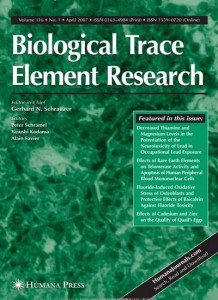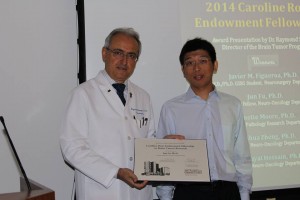 A nanoparticle article published earlier this year has been retracted by RSC Advances for lack of reproducibility, although we haven’t been able to get more details about what happened.
A nanoparticle article published earlier this year has been retracted by RSC Advances for lack of reproducibility, although we haven’t been able to get more details about what happened.
Here’s the notice for “Sonochemical synthesis of poly(methyl methacrylate) core–surfactin shell nanoparticles for recyclable removal of heavy metal ions and its cytotoxicity” (freely available but requires sign-in): Continue reading Nanoparticle paper earns retraction for lack of reproducibility








